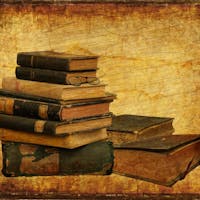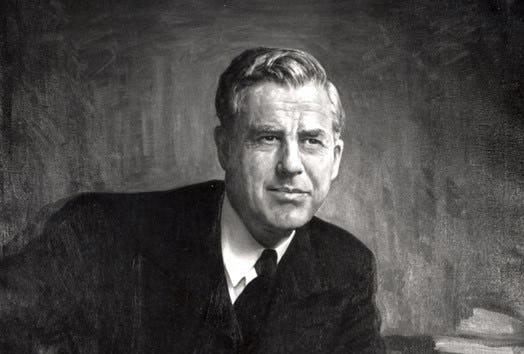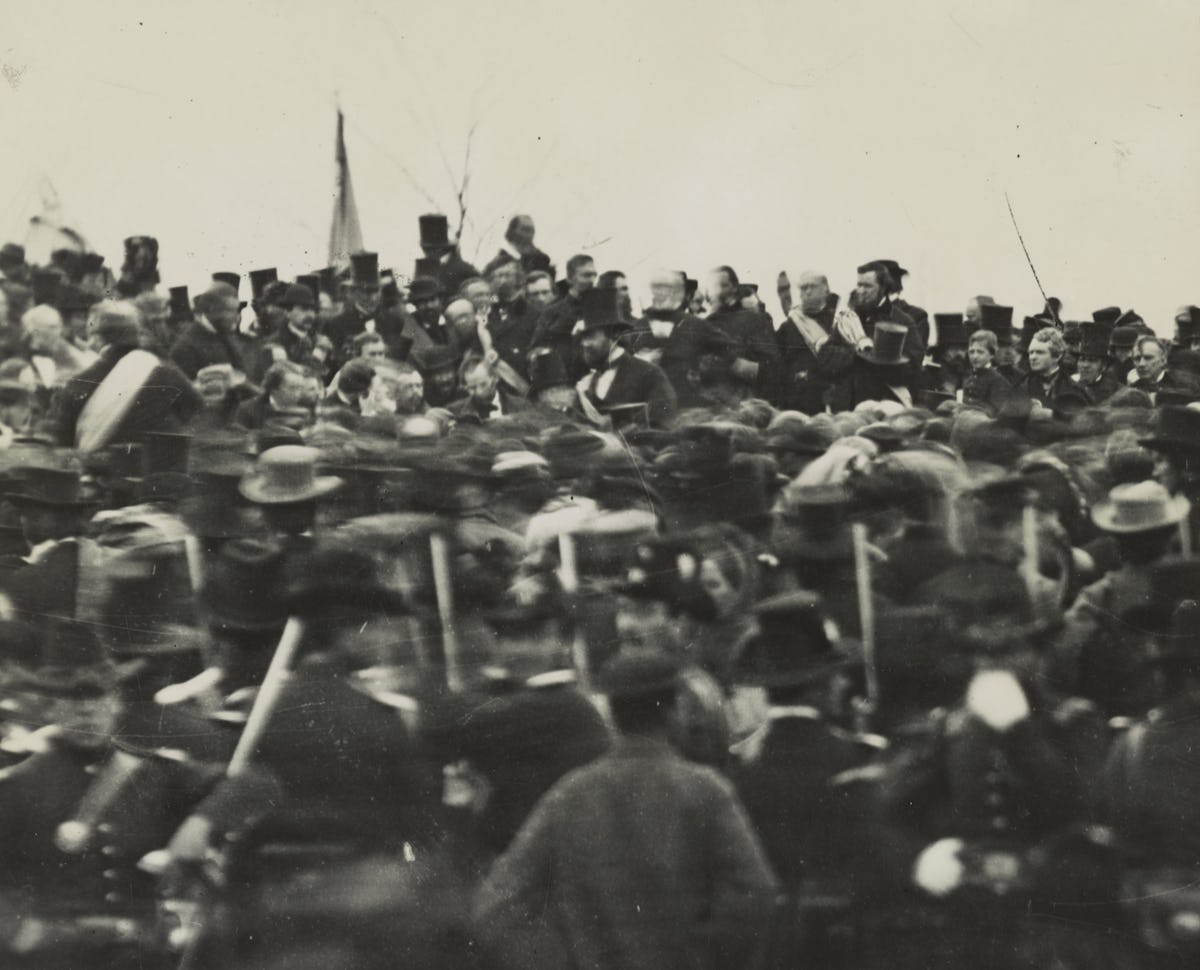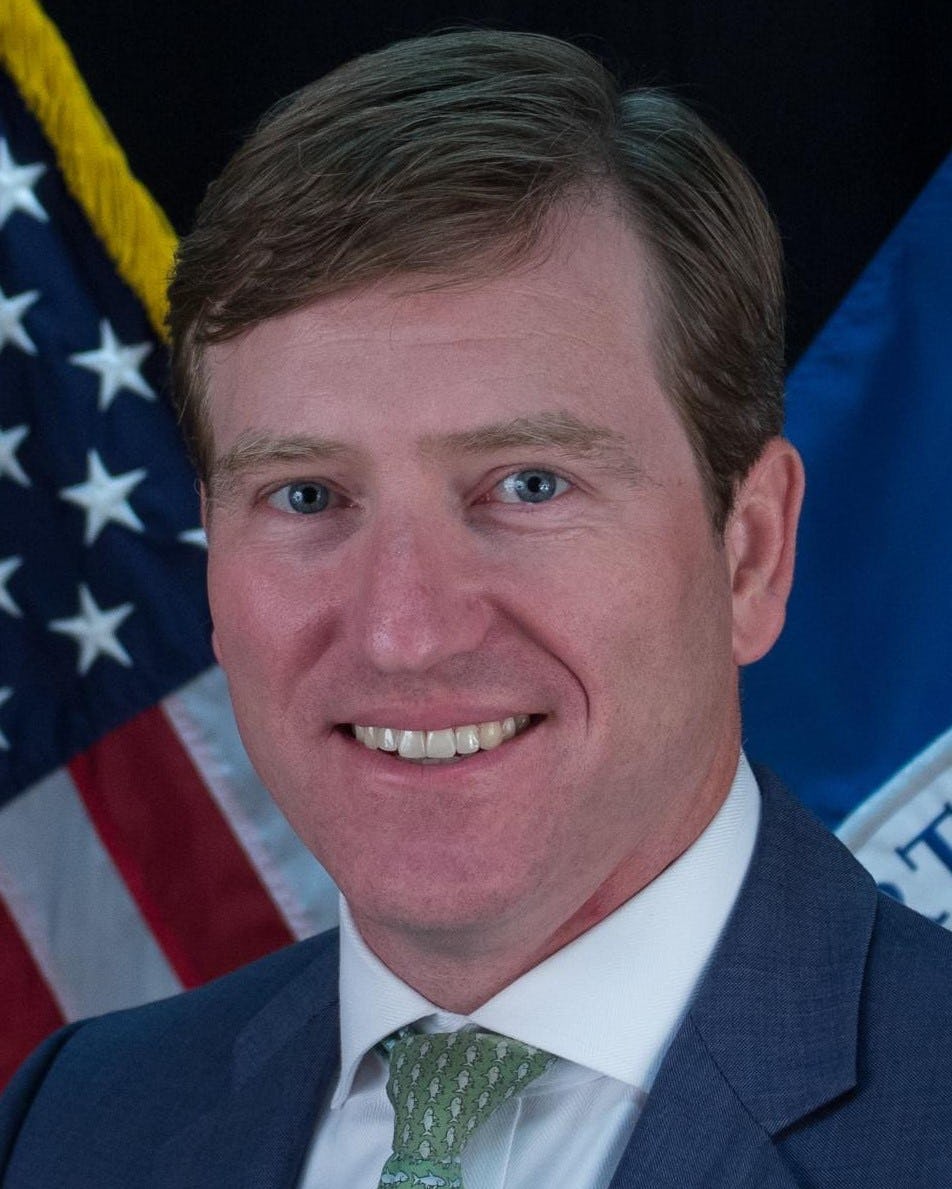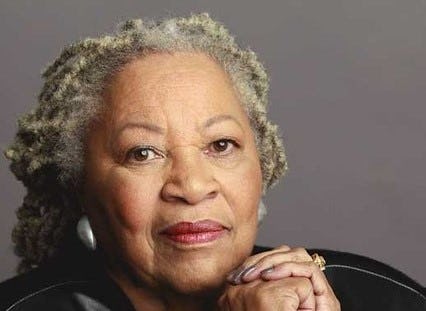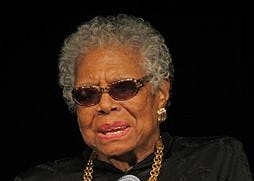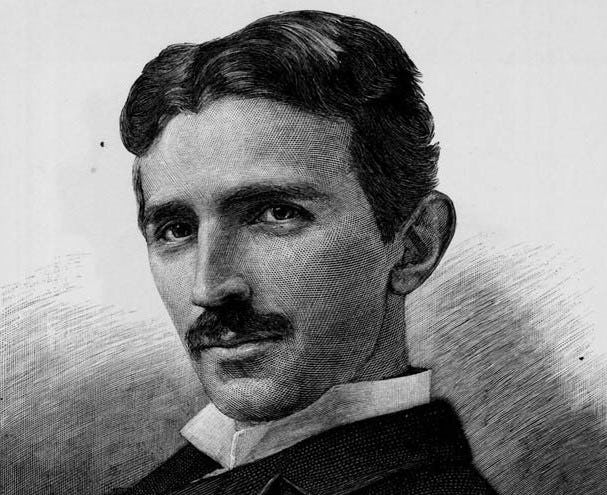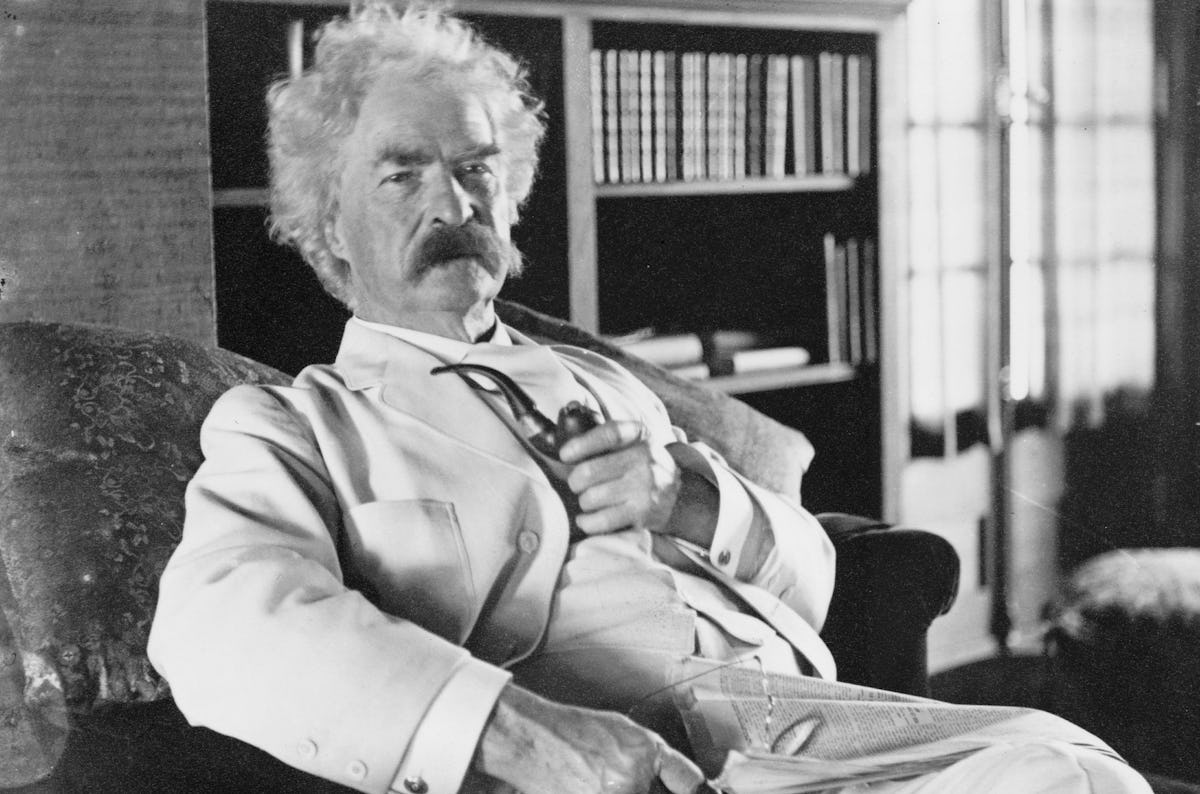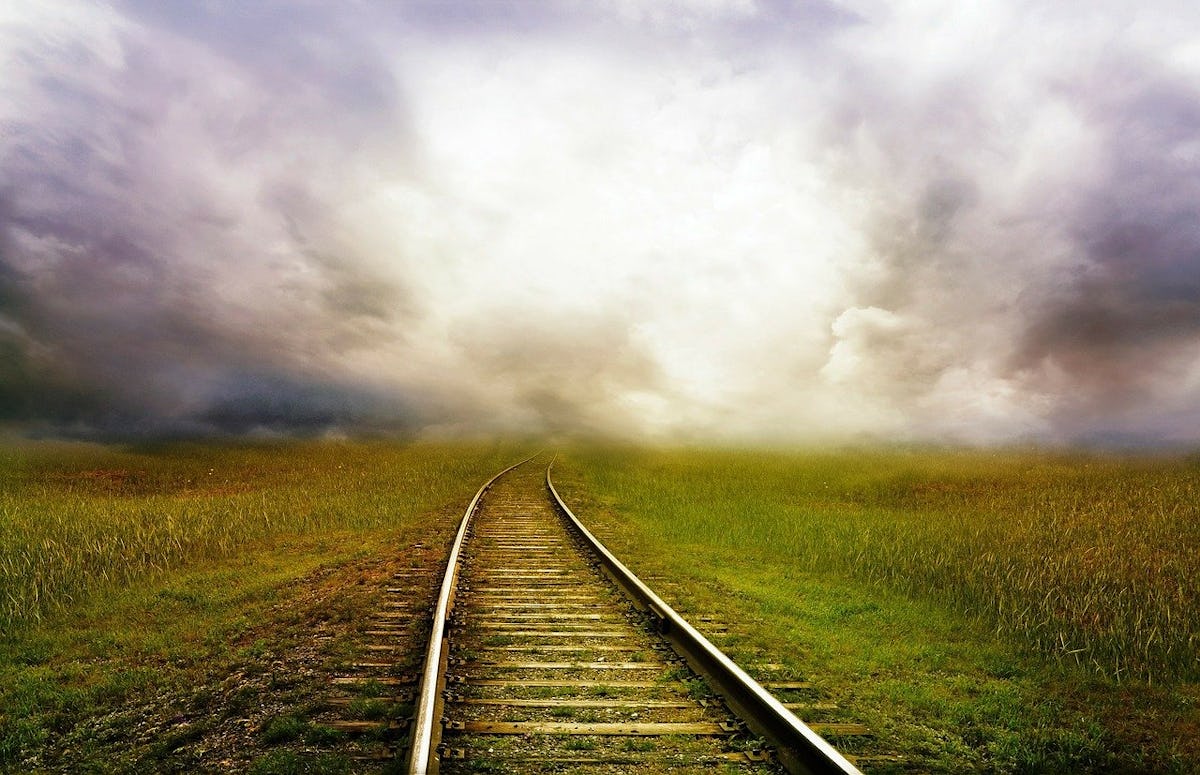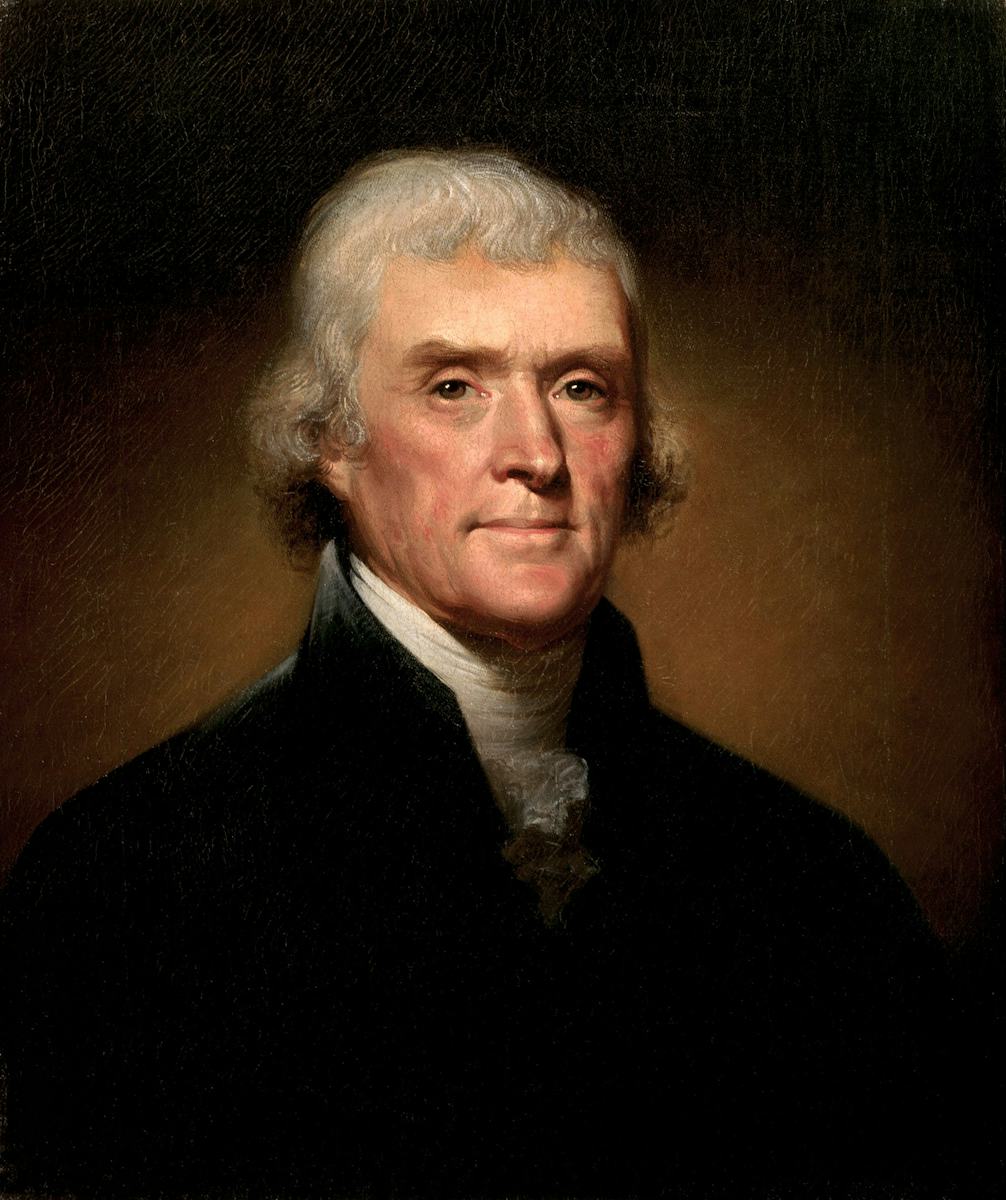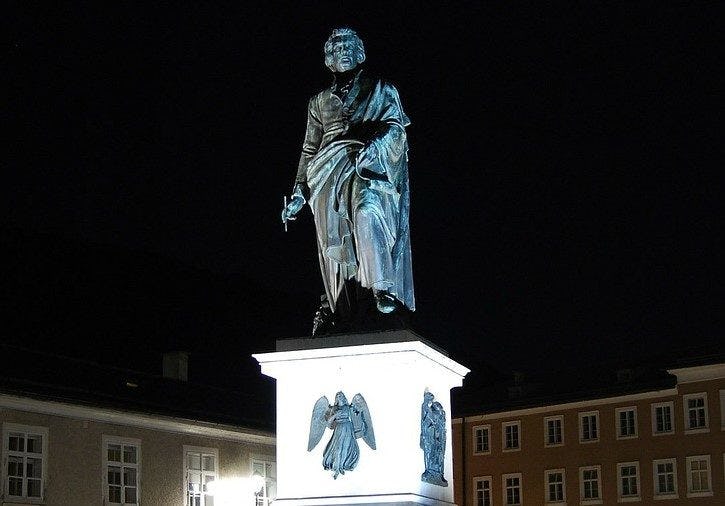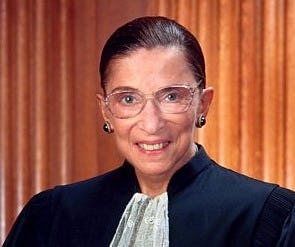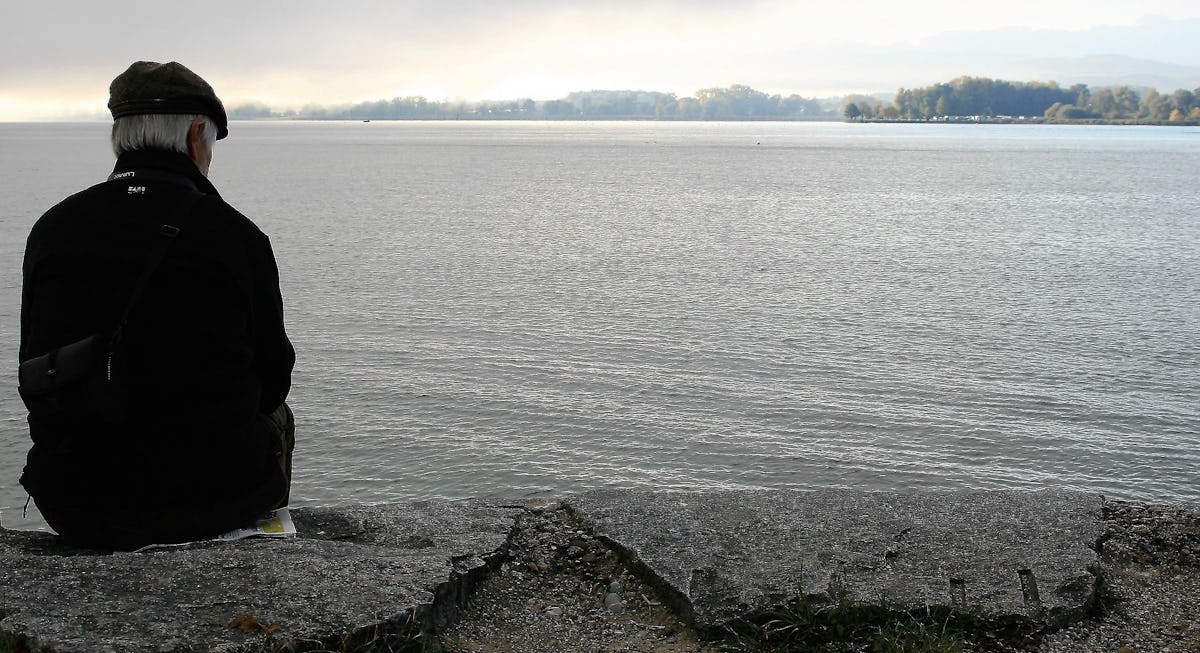Henry A. Wallace (1888 – 1965) - American politician, journalist, and farmer who served as U.S Secretary of Agriculture , U.S Secretary of Commerce and 33rd Vice President Of the United States from 1941 to 1945 under President Franklin D. Roosevelt. He was a strong supporter of Roosevelt's New Deal.
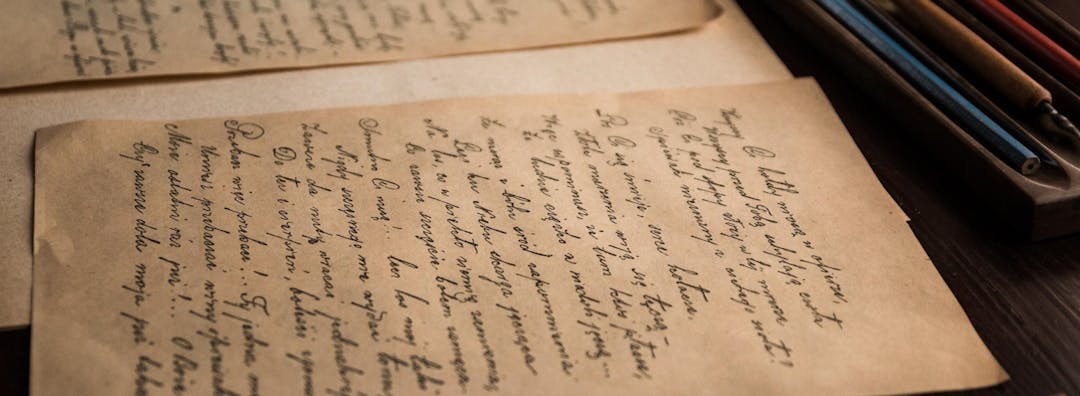
Recent Posts on Kudos 365
President Lincoln delivers the "Gettysburg Address" on November 19, 1863
"Fourscore and seven years ago our fathers brought forth on this continent a new nation, conceived in liberty and dedicated to the proposition that all men are created equal.
Now we are engaged in a great civil war, testing whether that nation, or any nation so conceived and so dedicated, can long endure. We are met on a great battlefield of that war. We have come to dedicate a portion of that field as a final resting-place for those who here gave their lives that that nation might live. It is altogether fitting and proper that we should do this.
But, in a larger sense, we cannot dedicate — we cannot consecrate — we cannot hallow — this ground. The brave men, living and dead, who struggled here have consecrated it, far above our poor power to add or detract. The world will little note, nor long remember what we say here, but it can never forget what they did here. It is for us the living, rather, to be dedicated here to the unfinished work which they who fought here have thus far so nobly advanced. It is rather for us to be here dedicated to the great task remaining before us — that from these honored dead we take increased devotion to that cause for which they gave the last full measure of devotion — that we here highly resolve that these dead shall not have died in vain — that this nation shall have a new birth of freedom and that government of the people, by the people, for the people, shall not perish from the earth".
This "Nicolay" draft of the Gettysburg Address is one of five slightly different drafts of the speech known to exist. It is named for John G. Nicolay, President Lincoln's personal secretary. Most historians consider this version the "reading copy" at Gettysburg. Learn more at Abraham Lincoln online
Christopher C. Krebs - American attorney who served as the Director of Cybersecurity Director of the Cybersecurity and Infrastructure Security Agency (CISA) in the United States Department of Homeland Security. He previously worked in the private sector as Director for Cybersecurity Policy for Microsoft.
As CISA's Director, he played a major role in creating a CISA "Rumor Control website to debunk election-related disinformation. On November 17, he tweeted "On allegations that election systems were manipulated, 59 election security experts all agree, "in every case of which we are aware, these claims either have been unsubstantiated or are technically incoherent.". He was fired by President Donald Trump the next day.
Toni Morrison (1931 - 2019) - American writer and poet, born in Lorain, Ohio, She received the Nobel Prize for Literature in 1993.
Maya Angelou (1928-2014) American writer, poet, singer, and civil rights activist
Read more at Brainpickings by Maria Popova - Photo Credit: York College ISLGP
Nikola Tesla (1856 - 1943) Serbian-American inventor, electrical engineer, mechanical engineer, and futurist best known for his contributions to the design of the modern alternating current (AC) electricity supply system.
Mark Twain (1835 - 1910) American writer, humorist, publisher, and lecturer.
Khalil Gibran (1883 - 1931) Lebanese-American poet and writer. He was the author of The Prophet, The Broken Wings , Beloved, The Three Ants and many others (His name is sometimes spelled Kahlil)
Thomas Jefferson - (1743 - 1826) 3rd President of the United States
Source" Library of Congress - Image by By Rembrandt Peale - White House Historical Association, Public Domain,
Wolfgang Amadeus Mozart (1756 – 1791) An influential and prolific music composer. (From a Letter as published in The Letters of Mozart & His Family (1938) translated and edited by Emily Anderson, p. 1114)
Ruth Bader Ginsburg (1933-2020) - Wrote an essay when she was 13 years old which was published in her synagogue bulletin urging congregants to rid themselves of hate and prejudice. The essay, dated June 2, 1946 and titled "One People" was published in Ginsburg’s 2017 book “My Own Words”, which contains a collection of her speeches and writings as well as her thoughts on growing up in Brooklyn’s Midwood neighborhood.
One People
The war has left a bloody trail and many deep wounds not too easily healed. Many people have been left with scars that take a long time to pass away. We must never forget the horrors which our brethren were subjected to in Bergen-Belsen and other Nazi concentration camps. Then, too, we must try hard to understand that for righteous people hate and prejudice are neither good occupations nor fit companions. "Rabbi Alfred Bettleheim once said: 'Prejudice saves us a painful trouble, the trouble of thinking'.” In our beloved land families were not scattered, communities not erased nor our nation destroyed by the ravages of the World War.
Yet, dare we be at ease? We are part of a world whose unity has been almost completely shattered. No one can feel free from danger and destruction until the many torn threads of civilization are bound together again. We cannot feel safer until every nation, regardless of weapons or power, will meet together in good faith, the people worthy of mutual association.
There can be a happy world and there will be once again, when men create a strong bond towards one another, a bond unbreakable by a studied prejudice or a passing circumstance. Then and only then shall we have a world built on the foundation of the Fatherhood of God and whose structure is the Brotherhood of Man.
Jorge Luis Borges (1899 – 1986) Argentine short-story writer, essayist and poet. He was a key figure in Spanish language and universal literature.








.jpg?fit=crop&w=280&h=280&q=93)




